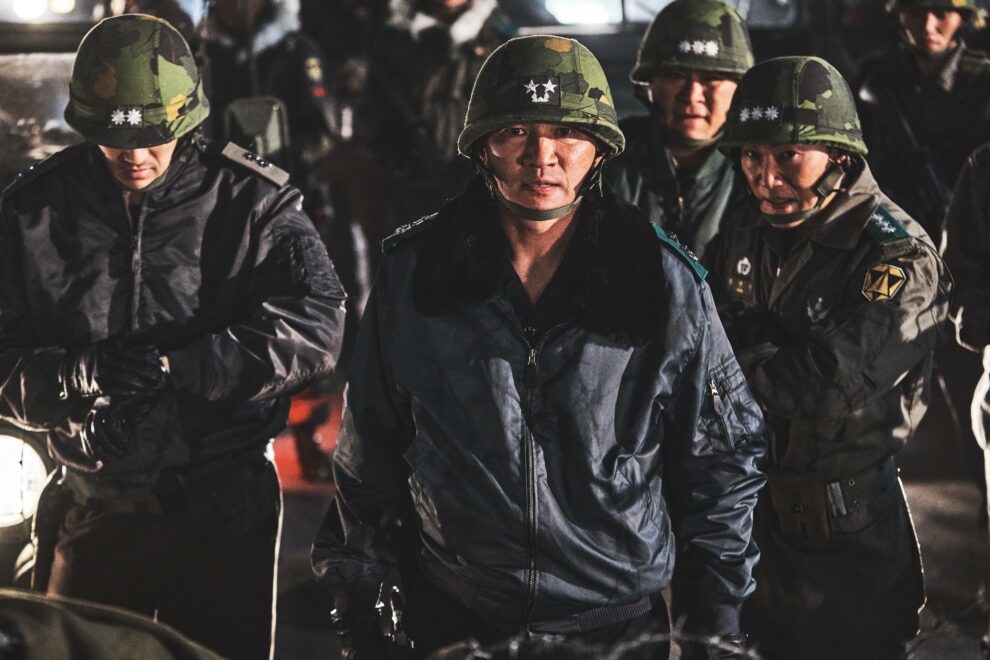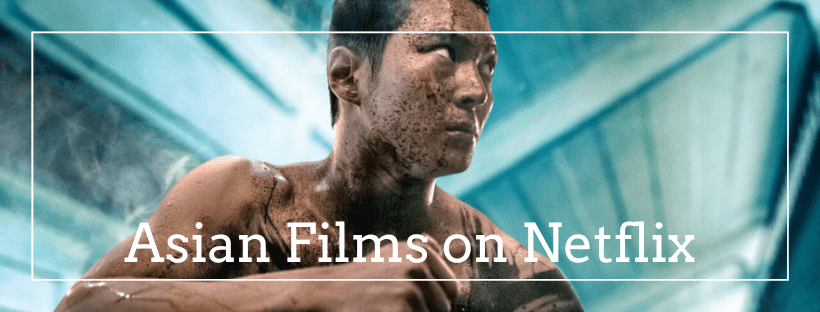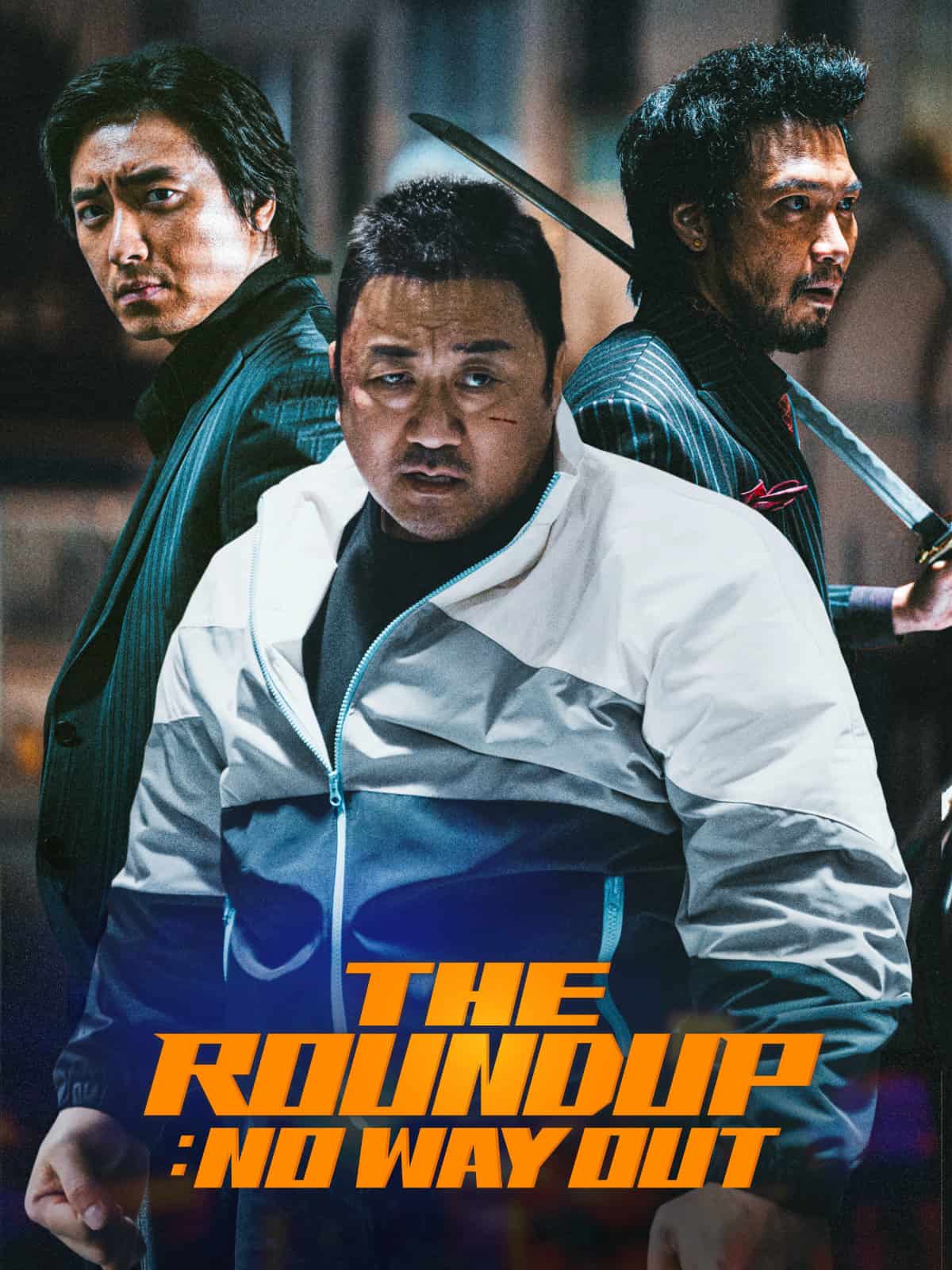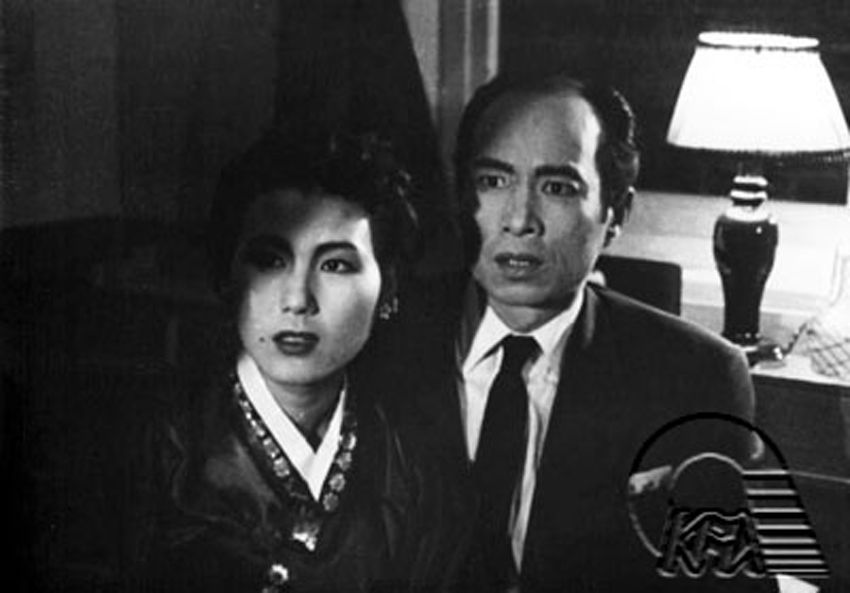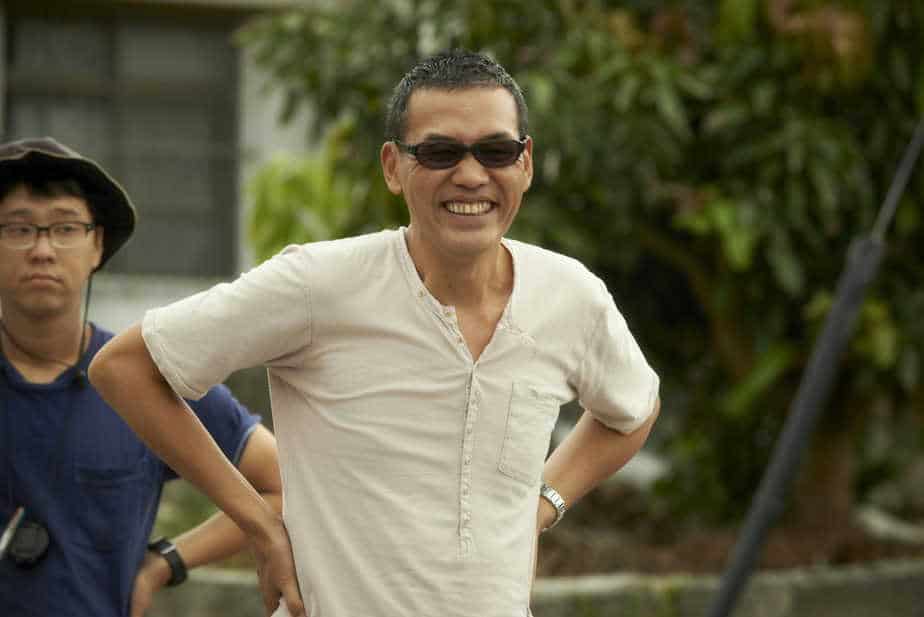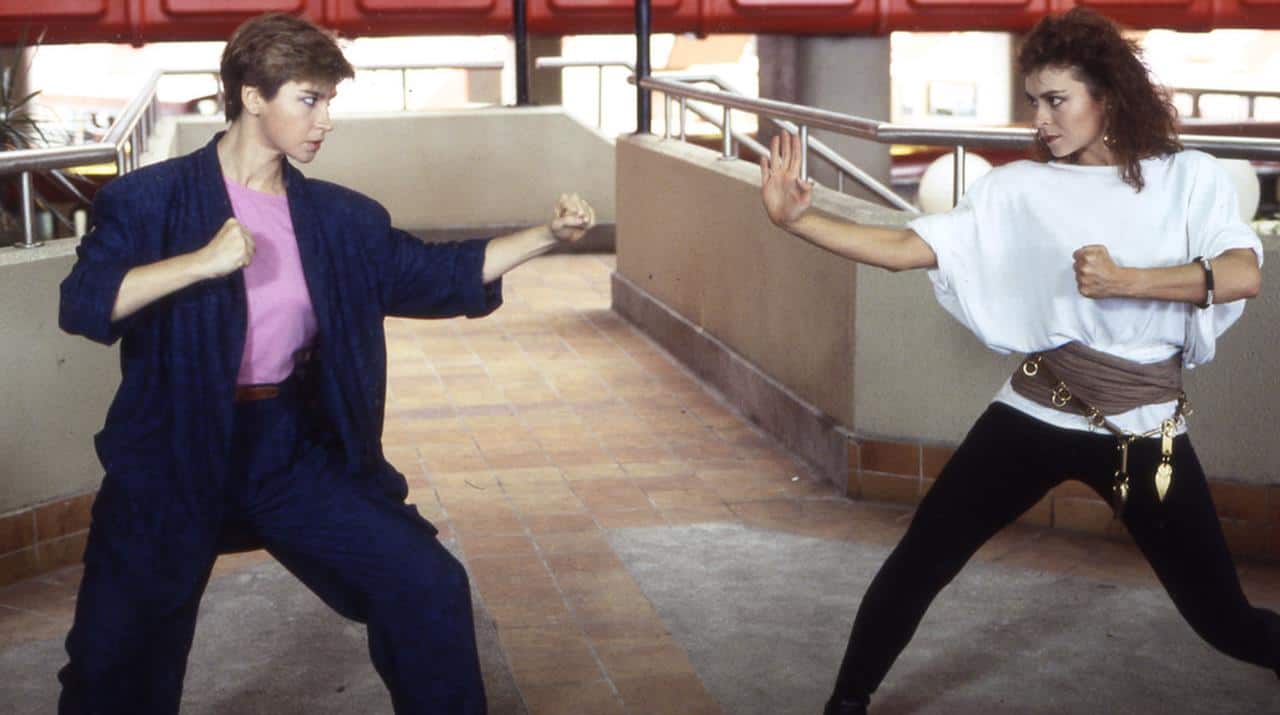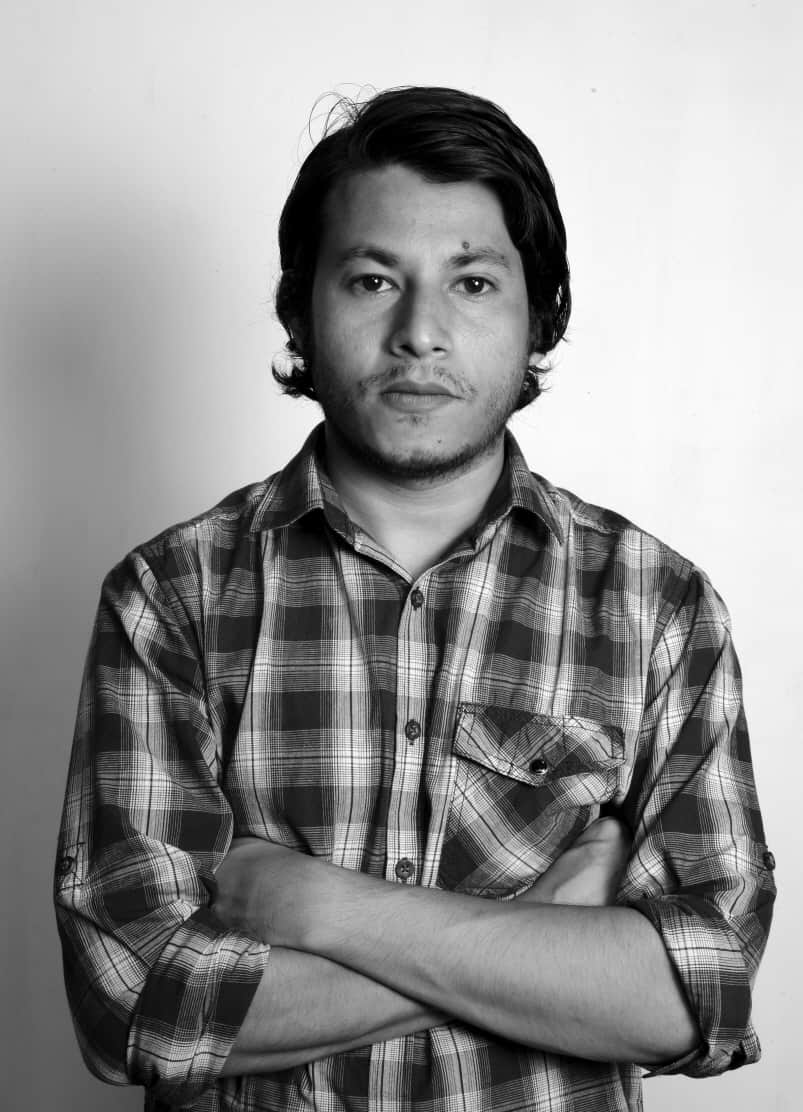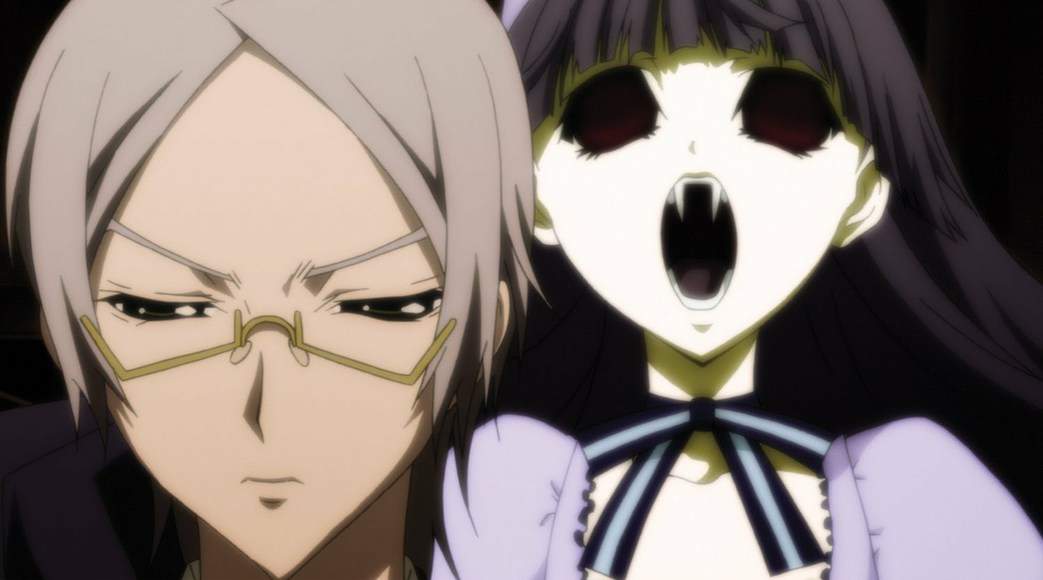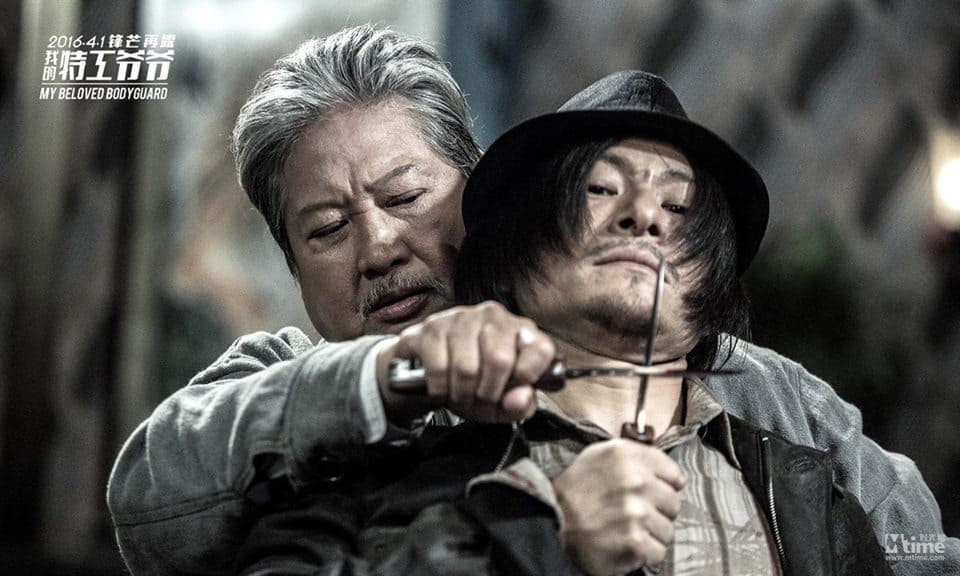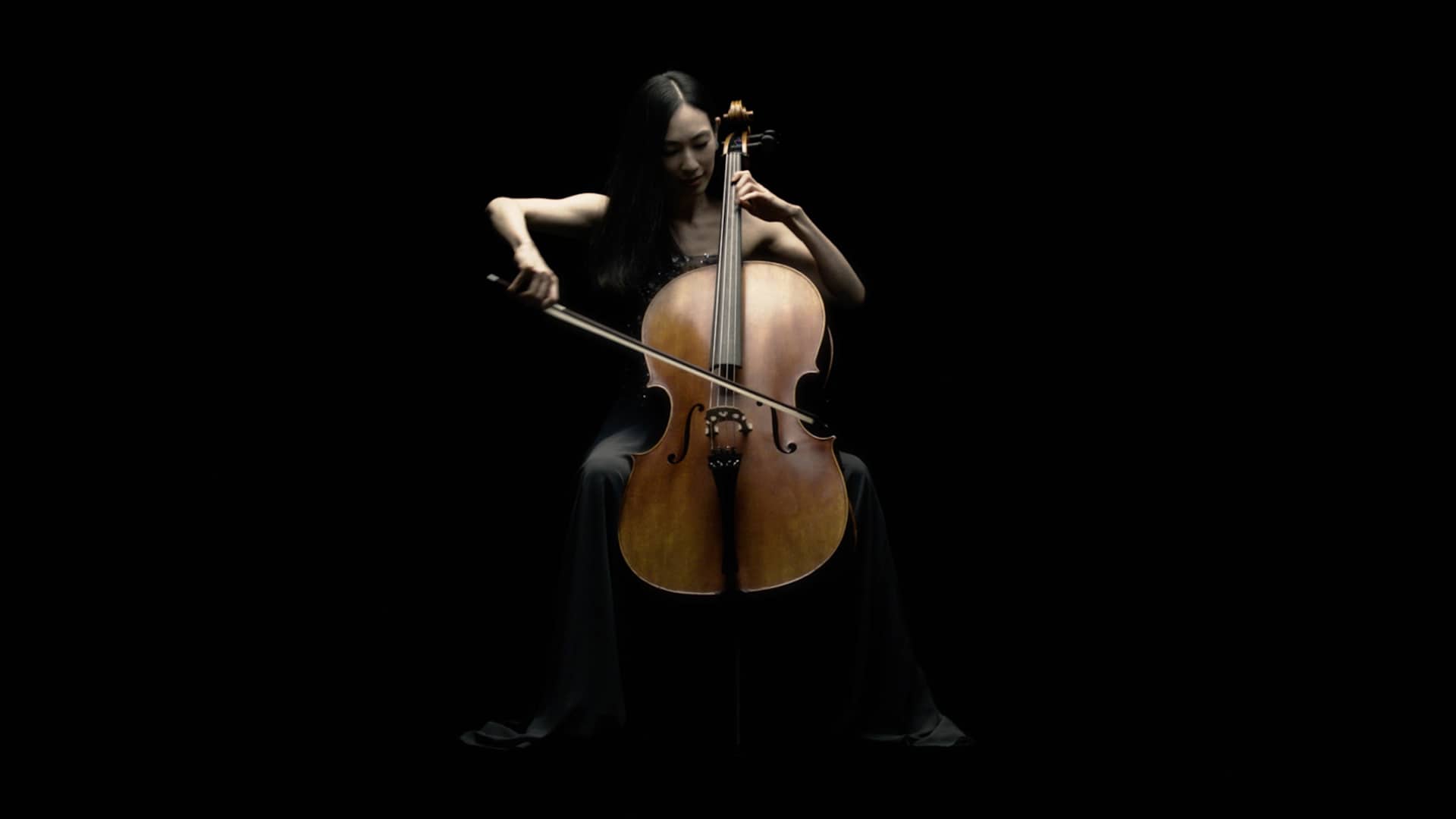Although the Korean movie industry recently announced that the local box office recovered to 70% of Pre-pandemic Level, largely due to the success of “12.12: The Day” which was released on November 22nd and has earned 7,729,273 admissions by December 14, the situation with local cinema is not exactly hopeful, as a number of key figures and specialists mention. Particularly the fact that the majority of talent, including movie stars and filmmakers seem to move towards the rather more popular dramas, the gap left in the movie industry is felt more than ever. At the same time, though, not everything is all bad, since the mainstream movies still find ways out in festivals, streaming and distribution, while a number of intense social dramas remind of the second reason Korean cinema reached the heights it holds now (apart from crime thrillers).
In any case, here are the best South Korean films of 2023, in reverse order. Some films may have premiered in 2022, but since they mostly circulated in 2023, we decided to include them.
20. Smugglers (Ryoo Seung-wan)

Desperation was often the fuel for action in Ryoo's filmography, and the story of “Smugglers” turns out to be a great fit for the renown director, allowing him to reach a new level of prowess, proven by his first Grand Bell award received a week ago. For the director or “The Unjust”, “Veteran”, “Escape from Mogadishu” and many more action hits, the priority is definitely still to entertain and move forward. But more than ever, he finds depth on his way, achieved through the technical mastery of the film's many elements all working together towards the goal. “Smugglers” have a larger-than-life feel from the very first shot, when a grand drone shot shows us all the striking beauty of sailing the sea on a sunny day, and every further scene maintains that energy. The bright color grading, editing flair, the costumes, groovy music and art production all build a world just too perfectly pretty to feel real, which fits the upbeat approach. Let's just say there are enough tiny “Pulp Fiction” references – more obvious than the thick orange lines serving as split-screen borders during the montages – that it would be hard to take it all too seriously, despite the misery and violence depicted. (Paweł Mizgalewicz)
19. Believer 2 (Baik)
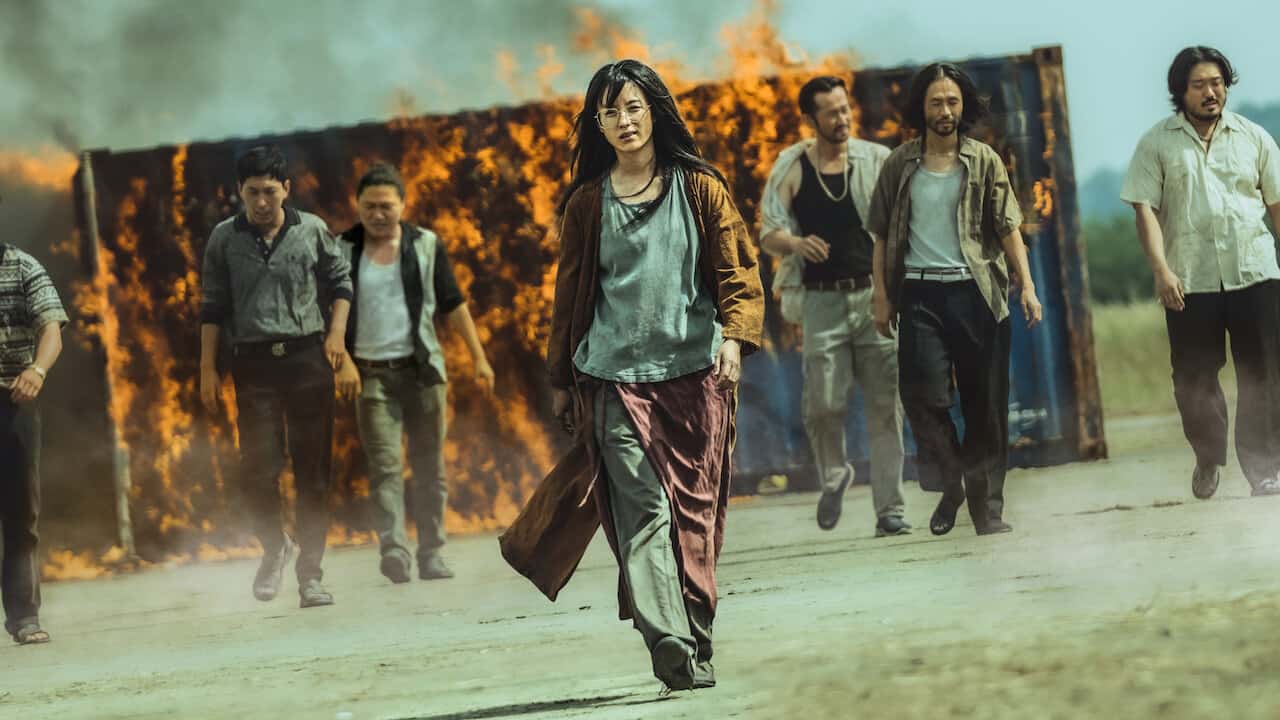
So, what are the film's merits one would ask? As was the case with the action movies of Hong Kong from the past, which frequently followed the same nonsensical path this one also follows, “Believer 2” is also a lot of fun. Probably the biggest source of entertainment here is Big Knife, who frequently functions as a paranoid, ultra violent caricature straight from the pages of a manga, with the fact that her overall demeanor is that of a child essentially, adding much to her overall presence. Unrecognizable Han Hyo-joo is astonishing in the part, proving once more her knack for playing different types of roles with the same prowess. (Panos Kotzathanasis)
18. In Water (Hong Sang-soo)

For quite some time now, Hong Sang-soo's projects have been dealing with encounters, seemingly banal events which could potentially have great consequences for people's lives. This was quite true for projects such as “Introduction”, but even more so for “In Water” which has been described by other reviewers as his “most personal and poetic” feature. While the form of the film takes some time getting used to, there is an undeniable beauty to “In Water;, its out-of-focus imagery looking like a water paining or the three central characters as they engage in childish games and activities, but also tell themselves about their hopes for the future, enforced by a strong belief in each other's abilities. (Rouven Linnarz)
17. Rebound (Chang Hang-jun)

Chang Hang-jun shoots a film that reminds of the underdog sport stories from Hollywood that were so popular in the 80s and 90s, adding, though, the Korean-favorite element of drama and the internationally favorite of the “based on true events” in order to present a movie that actually works on most of its axes. Granted, the comedy is a bit off, but the reality of the situation of the school and the drama it emits, even if in a relatively light fashion, is handled rather nicely, in two axes for the most part. The first is the hemorrhage of talent from Busan to Seoul, a concept that seems to extends beyond the particular theme of the movie, and the second is Goo-hyeok's life, with the hardships he faces both off and on the court being quite intense, in one of the most appealing aspects of the whole movie. (Panos Kotzathanasis)
16. The Roundup: No Way Out (Lee Sang-yong)
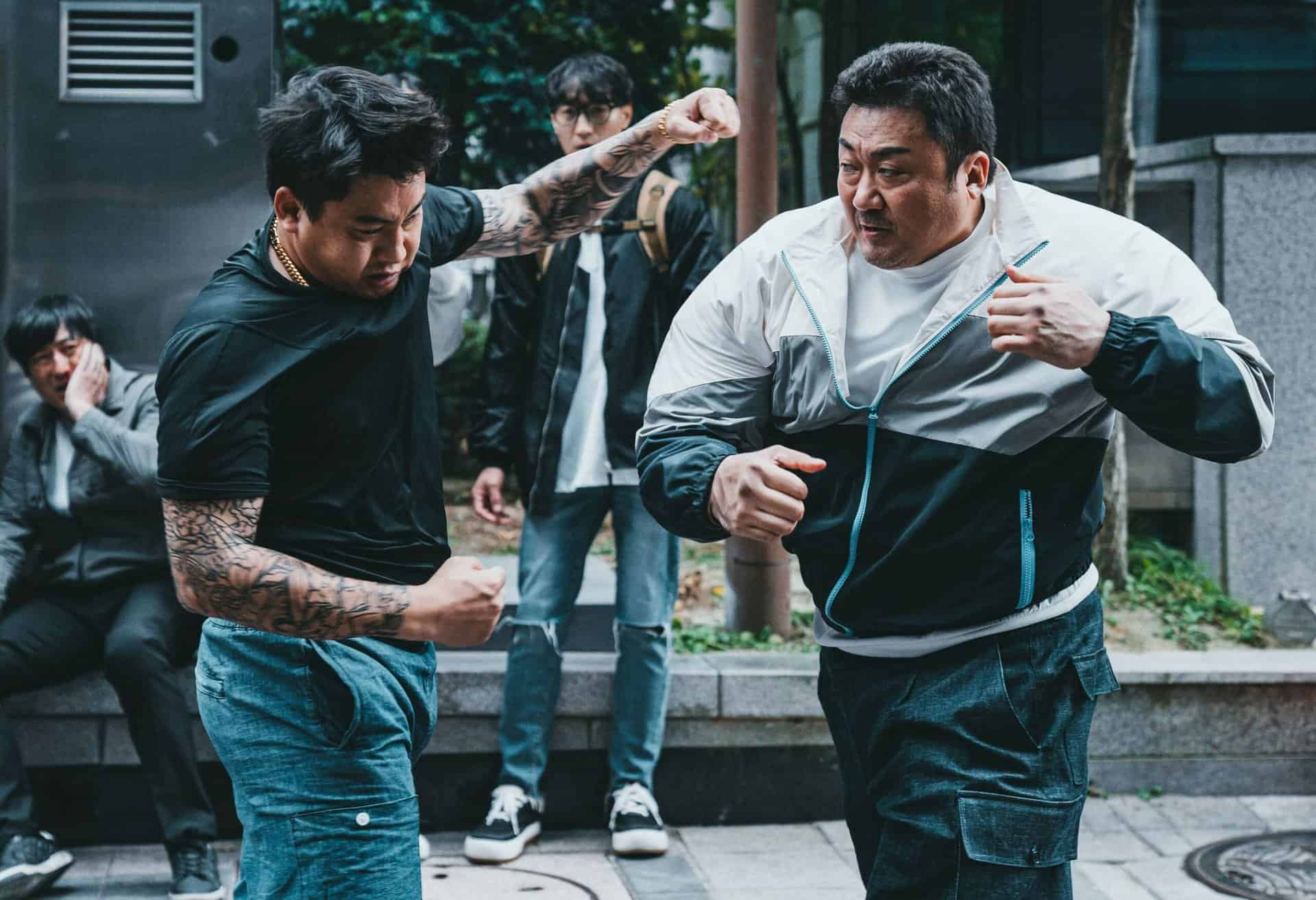
South Korean-American actor Ma Dong-seok or Don Lee is the man and the filmmakers sure know how to use him to please the local audiences. Trained in boxing, Ma's film career took off like a rocket after his breakout turn in the zombie hit “Train to Busan” (2016) and he even made it to Hollywood later with Marvel's “Eternals” in 2021 as Gilgamesh. Once again full of energy, Ma shines as the oversized, one-punch knockout detective Ma in this third installment of the crime franchise. Besides flexing his muscles, his comic timing is also spot on. (David Chew)
15. The Tenants (Yoon Eun-kyung)
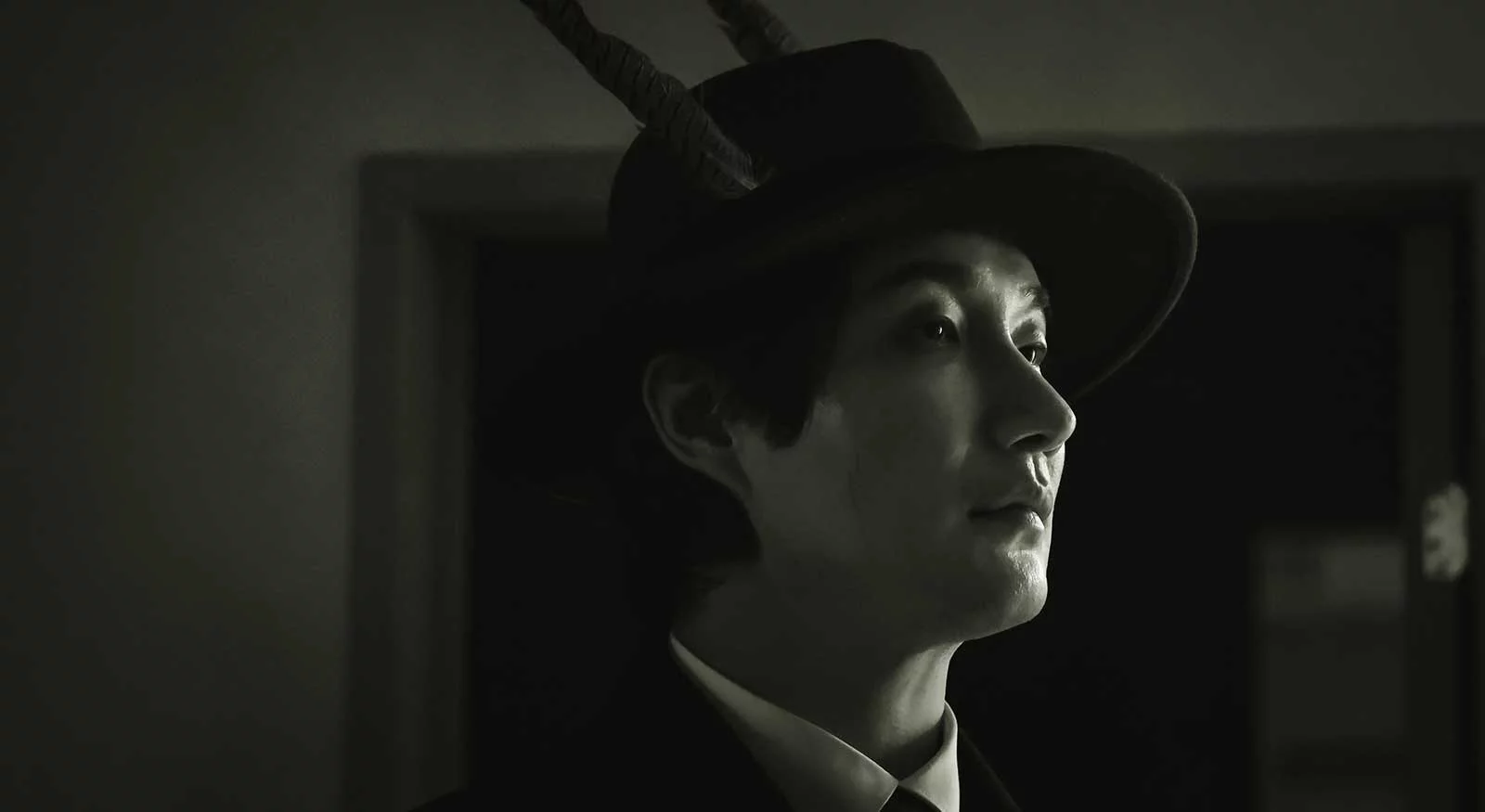
However, “The Tenants” goes much further than being just another post-COVID movie. In fact, what Yoon Eun-kyung seems to be after is an exploration of loneliness and how society, urban architecture and politics have contributed to people seeking isolation rather than community. Kim Dae-geon plays a person who feels comfortable in his own thoughts, thus becoming estranged from the world around him. Confronted with a system whose aim is to threaten his bubble, he has to act and therefore communicate with others, igniting a nightmare which often feels surreal, but also has a distinct humor to it. For example, the main character's idea to perform certain roles, such as the “nice guy”, in order to be more presentable and communicative, while also making sure his demands are being followed, is quite comic and of course complicates matters even further. The design of the world, which has been roughly described before, parallels the main character*s deterioration as his struggle is made worse by his inability to act and communicate. (Rouven Linnarz)
14. Flowers of Mold (Shim Hye-jung)
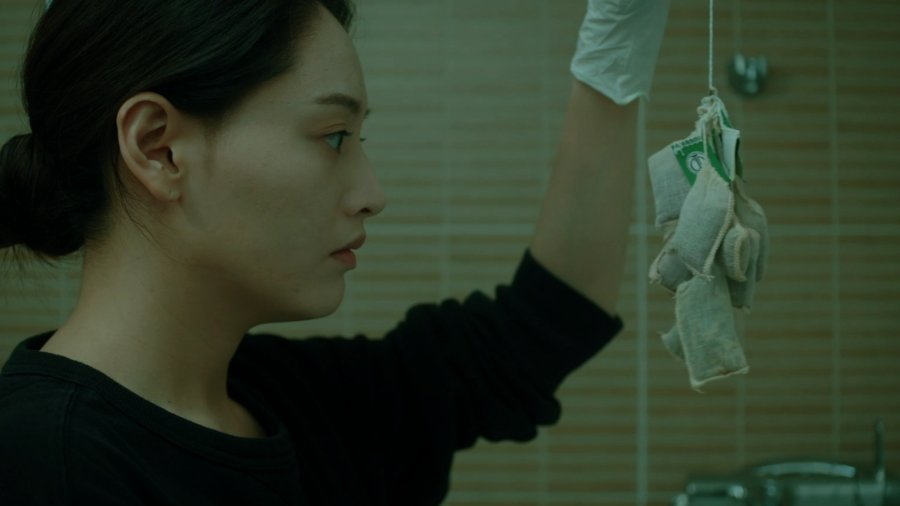
This is played out to a background of urban alienation, however. Jisu's career shows a world where people have pre-set meals delivered to their door, all but ready-to-eat, offering suggestions of drink pairings to remove any sense of unique taste or family tradition. The apartment block where they live is part of a dilapidated set of buildings that look ripe for demolition, yet inside are modern, though sparse and bland. (Andrew Thayne)
13. Sagal: Snake and Scorpion (Lee Dongwoo)
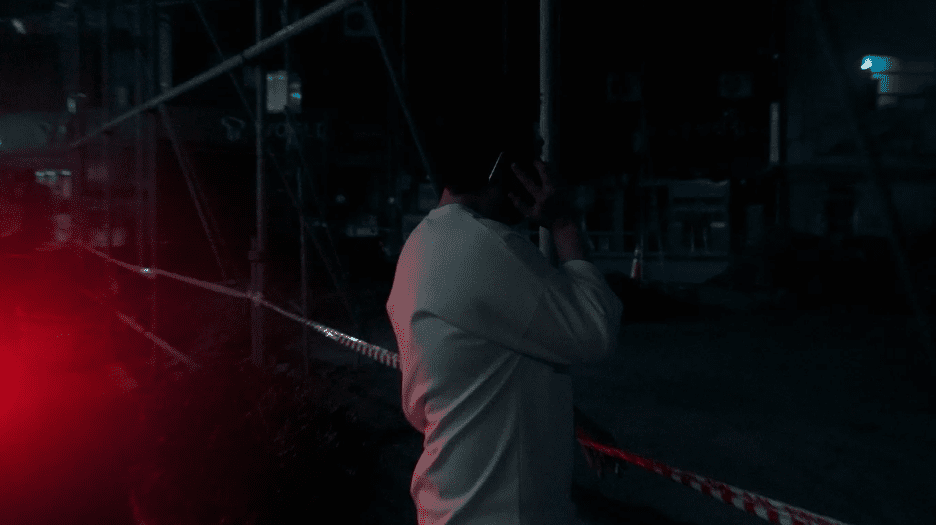
What the film succeeds in doing is portraying the complexities of South Korean loan shark life. Very quickly, viewers get the sense that Geonho is down bad, and his life is only going to get much, much worse. Through his nefarious activities, he also interacts–in-person and over the phone–with multiple other individuals who are in similar positions as himself. The loan shark life goes much deeper than a simple IOU: ‘Sagal: Snake and Scorpion' shows that debt has many complex levels, and uncovers another section of South Korean society surviving outside the legal economic system. This is all shown through raw footage and close-up shots or Geonho's errands and questionable activities. (Spencer Nafekh-Blanchette)
12. Soulmate (Min Yong-keun)
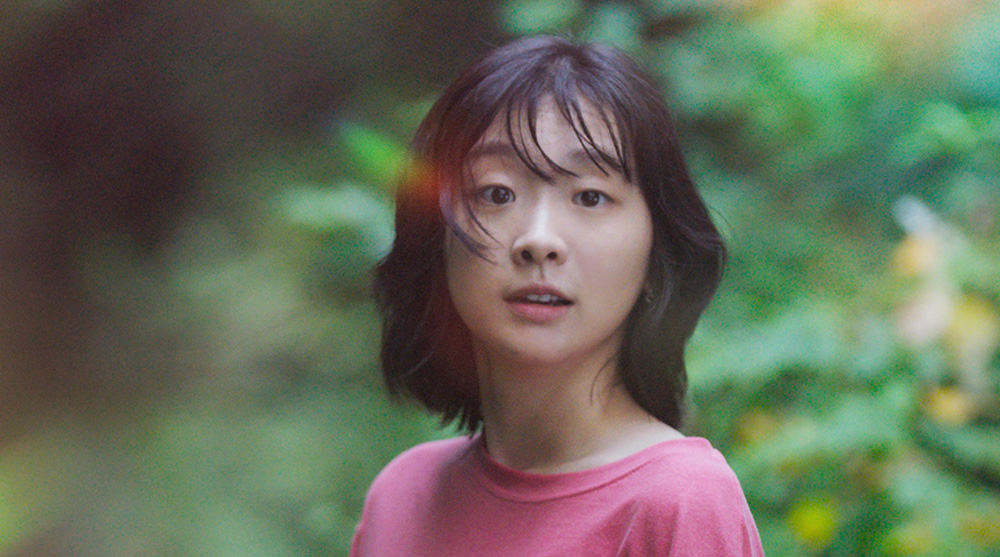
Min Yong-keun took a rather tough task on when he decided to remake Derek Tsang's rather excellent 2016 feature “Soulmate”, a celebration of female friendship starring Ma Sichun and the excellent Zhou Dongyu, in one of her much loved roles. However, the end product, released this year with the same title as the original, pushed most doubts out of the naysayers minds, with a film that may be by-the-numbers with the original in terms of the storyline but features yet again a strong lead pairing including Jeon So-nee and Kim Da-mi. Kim, in particular, had the job of taking on the role Zhou Dongyu excelled in, but the actress was more than up for the task, bringing her A-game yet again, making Min Yong-keun's work a lot more likeable that it could have otherwise been. (Rhythm Zaveri)
11. The Childe (Park Hoon-jung)
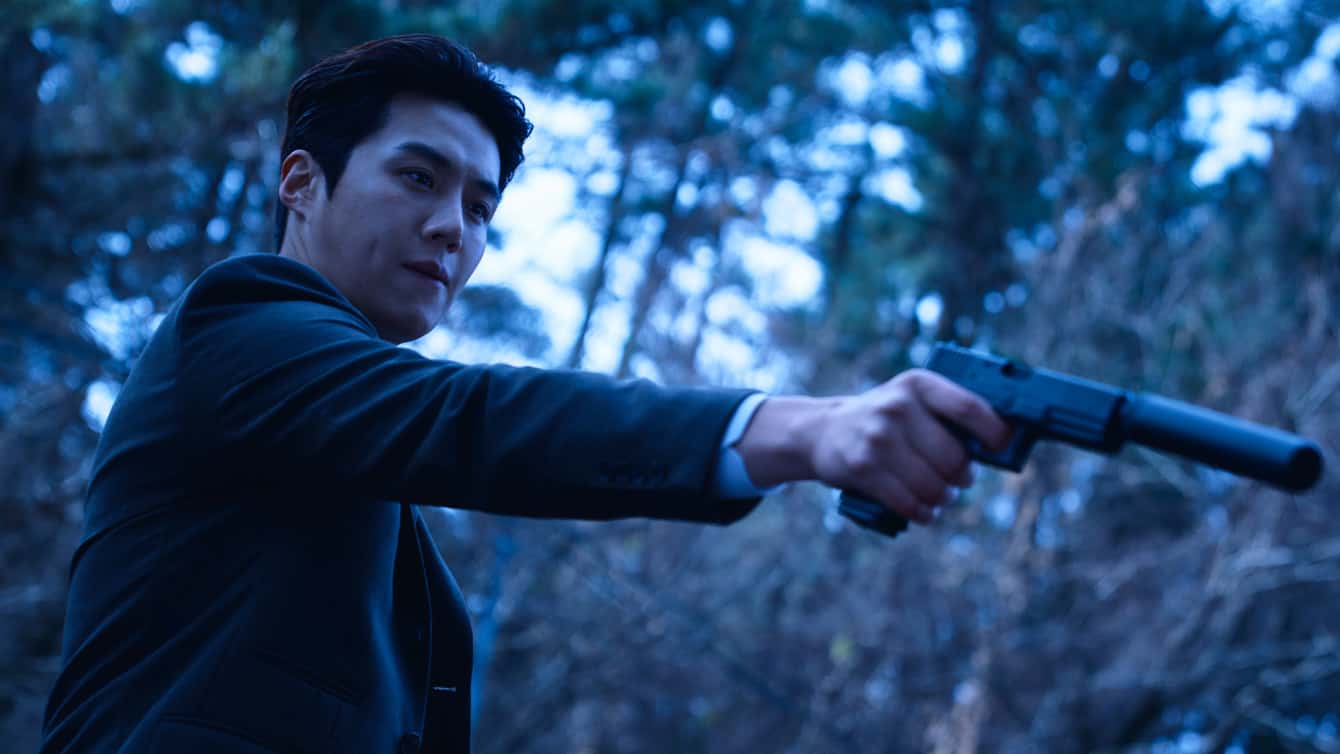
Park Hoon-jung answers all of these questions, of course, but he is in no hurry to do so. The script, which like all his other directorials is written by him, takes its time in getting to the reveals and thus to the real reason behind all the chaos and the chases. These could get exasperating for some, but Park never lets the narrative rest, peppering it with a number of expertly executed action sequences, a lot of which include chases of all kind, as a number of interested parties try to catch Marco. The most impressive of these include the one within a narrow alleyed town on foot and the car chases shortly before and after that. While these go on, the plot does come to a jarring halt, but the kinetic energy of these set-pieces make up for that shortcoming. (Rhythm Zaveri)


